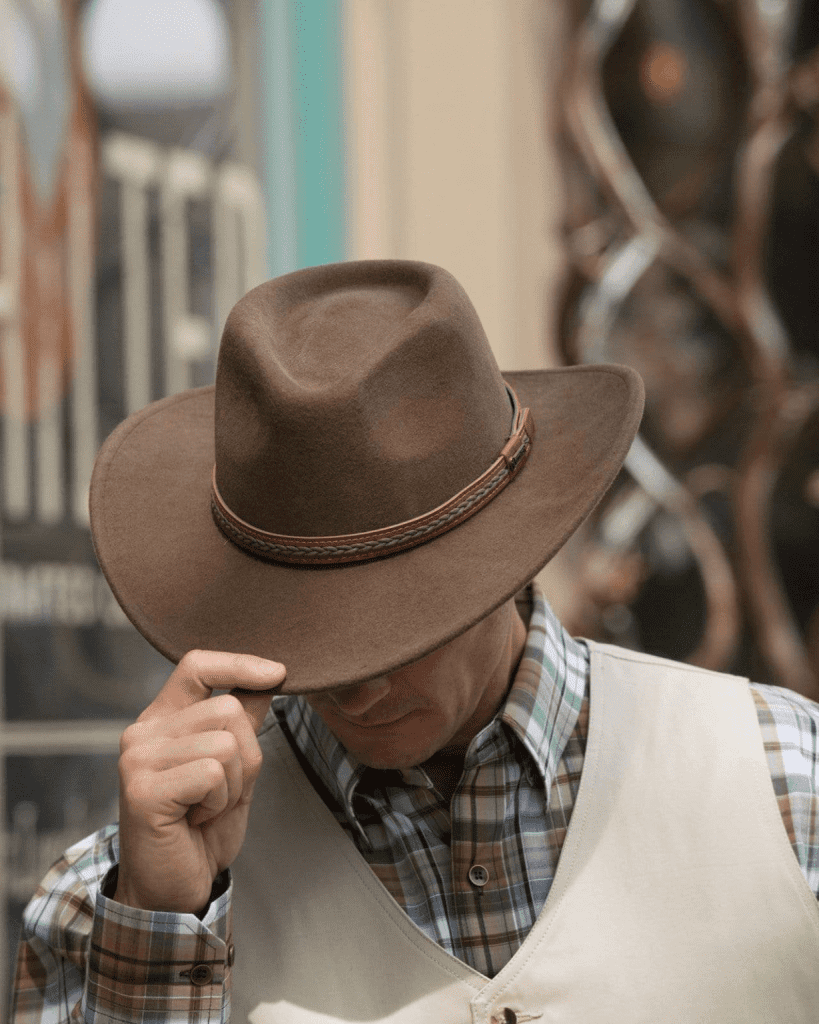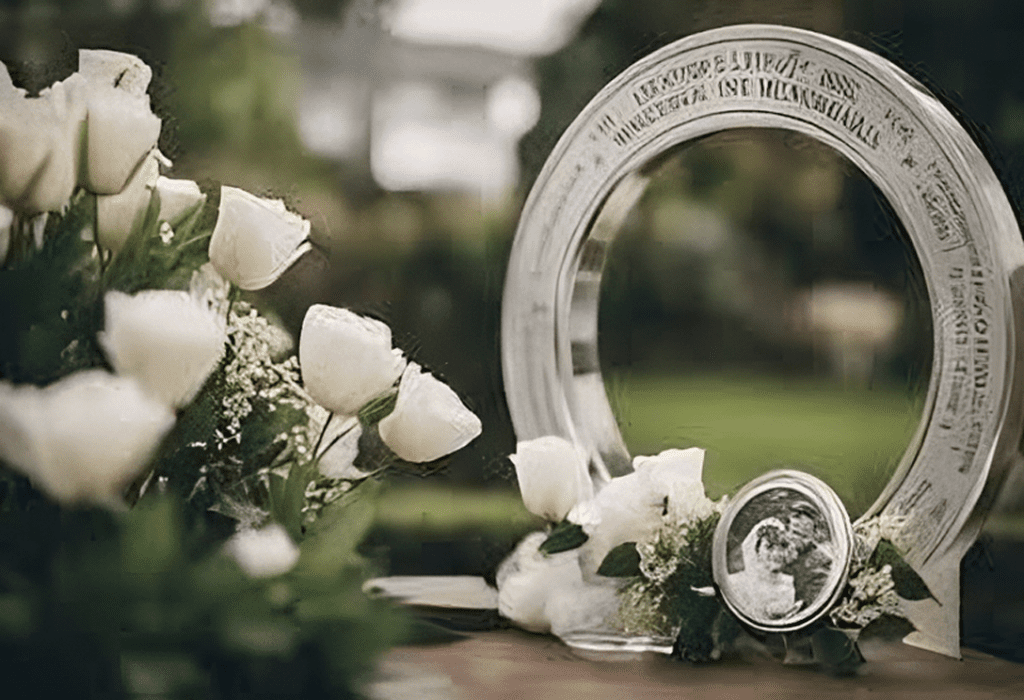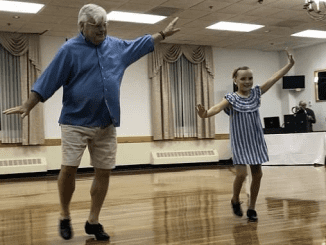The loss of a loved one is one of the most challenging experiences anyone can face. During the grieving process, it’s natural to want to hold onto items that remind us of the person we’ve lost. While keeping a few mementos is comforting, certain items are better left behind. Holding onto specific relics can sometimes have negative emotional, psychological, and even health effects. In this article, we’ll discuss four items that experts recommend releasing when a loved one passes away and why letting go can help in the healing process.

1. Clothing: Releasing Emotional Attachments
It’s common to feel attached to the clothing of a deceased family member. Clothes carry the personal scent and warmth of a loved one, bringing back memories that feel comforting yet bittersweet. However, holding onto these items may hinder the grieving process in several ways:
- Emotional Dependence: Clothes can make it hard to accept the reality of their passing. Smelling their scent or seeing their familiar outfits might keep you from confronting the loss, prolonging emotional distress.
- Psychological Impact: Being overly attached to clothing can make it challenging to process grief. Clothes become a constant reminder of the absence, which may lead to an ongoing cycle of sadness and nostalgia that prevents closure.
- Health Considerations: Over time, clothes can accumulate dust, mold, and bacteria. While not everyone will wear these items, storing them for extended periods can pose health risks, especially if the fabric has degraded or isn’t properly cared for.
While keeping a single item, like a favorite sweater, might be comforting, consider donating or repurposing the rest. Letting go of these clothes can be a symbolic release, helping you take steps toward healing.
2. Favorite Items: Avoiding the Burden of Nostalgia
When a loved one passes, it’s tempting to hold onto their favorite belongings. Whether it’s a cherished book, a personal trinket, or a beloved hobby item, these objects often carry deep sentimental value. However, holding onto too many of their favorite items can make it hard to move forward:
- Emotional Overload: The sentimental value of favorite items can create a sense of emotional attachment that makes it difficult to release the sorrow associated with the loss. Clinging to these items can trap you in a loop of sadness and longing.
- Space Constraints: Favorite belongings often take up physical space in your home. Over time, they can become a burden, limiting room for new memories and creating physical clutter that mirrors emotional clutter.
- The Illusion of Presence: Holding onto these items can sometimes create a false sense of the person’s presence, making it harder to accept their absence. This can delay the natural process of grieving and impede your emotional growth.
It’s okay to keep a few items that hold special meaning, but consider passing along other belongings to friends, family members, or charities. This way, their favorite things can continue to bring joy or utility, which can be a comforting thought in itself.
3. Worn-Out Shoes: Moving Beyond Every Step They Took

Shoes can be one of the most personal items left behind, representing the many steps a loved one took in their journey through life. However, holding onto worn-out shoes can come with unique drawbacks:
- Health Risks: Shoes often carry dirt, bacteria, and wear from everyday use. Keeping or wearing someone else’s shoes can expose you or others to potential infections or skin issues, especially if they are not properly sanitized.
- Symbolic Attachment to the Past: Shoes represent movement, journeys, and life experiences. Holding onto them can make you feel bound to the past, preventing you from embarking on your own journey forward. It’s a constant reminder of where they walked, rather than focusing on your path ahead.
- Emotional Weight: The sight of a loved one’s shoes can bring back vivid memories, which can deepen feelings of loss. Keeping these items can make it harder to find closure and can even lead to prolonged grief if the memories become too overwhelming.
Instead of holding onto their shoes, consider taking a symbolic walk in their honor, visiting a place they loved, or writing down cherished memories. This can help you honor their legacy in a way that feels lighter and more forward-focused.
4. Hats: Releasing the Weight of Memories

Hats often reflect a person’s personality, style, and even identity. While keeping a favorite hat might seem harmless, there are reasons why it might not be the best item to hold onto after someone passes:
- Trigger for Grief: Seeing a loved one’s hat can bring back memories of shared moments and intensify feelings of grief. Hats, in particular, can serve as powerful reminders of their presence, which can reopen emotional wounds.
- Psychological Burden: Hats and other items worn on a daily basis may carry emotional weight that can be hard to bear. Wearing or even just seeing these items might cause a surge of emotions that interfere with the healing process, making it hard to move forward with acceptance.
- Relying on Physical Reminders: Instead of relying on items like hats to keep memories alive, consider creating a memory book with photos, letters, or journal entries. This helps you maintain a positive connection without relying on tangible items, allowing for a more sustainable way to remember.
Health and Wellness: Why Letting Go is Important

Letting go of certain items doesn’t mean you’re letting go of the love or memories associated with the person. In fact, it can allow you to carry their spirit in a healthier, more meaningful way. Holding onto every relic can become an emotional and physical burden, making it hard to heal and create space for new memories. Here are some benefits of releasing these items:
- Emotional Relief: By letting go of certain relics, you’re allowing yourself to move forward. This can lead to a sense of relief and freedom, enabling you to celebrate their life rather than mourn their loss constantly.
- A Healthier Environment: Releasing old items, particularly those that can degrade over time, contributes to a cleaner, healthier living space. This supports both physical and mental well-being, creating an environment that feels fresh and welcoming.
- A Focus on Invisible Connections: Ultimately, the memories, love, and lessons you shared with the departed remain in your heart, not in objects. By focusing on intangible connections, you’re better able to honor their legacy in a way that feels positive and fulfilling.
Conclusion: Cherish the Memories, Release the Relics
The grieving process is deeply personal, and everyone’s journey is unique. When deciding which items to keep after a loved one passes, consider the emotional, physical, and psychological impact these objects may carry. While it’s natural to want to hold onto certain things, releasing others can be a powerful step in the healing process. By letting go of specific relics, you can honor your loved one’s memory while freeing yourself to create new memories and continue on your own journey.


